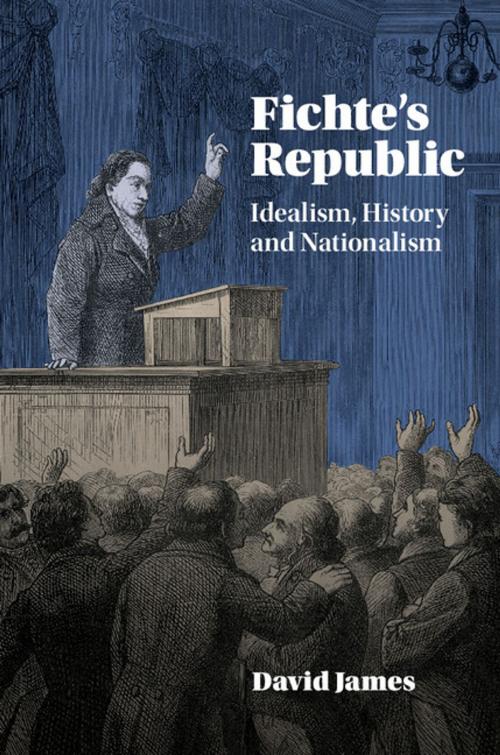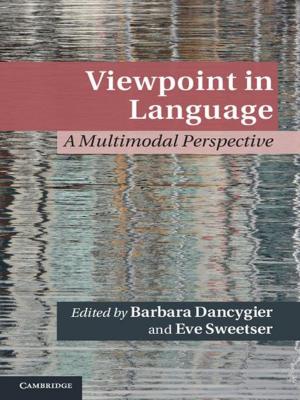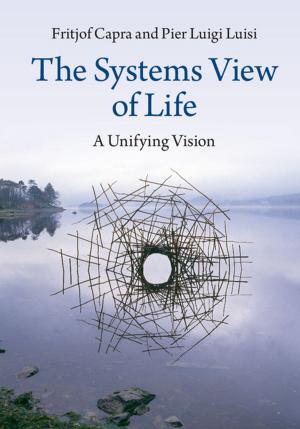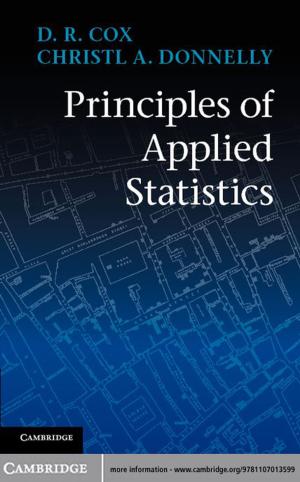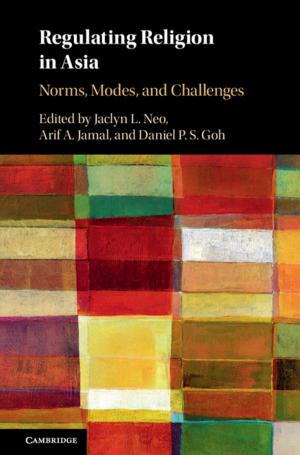Fichte's Republic
Idealism, History and Nationalism
Nonfiction, Religion & Spirituality, Philosophy, Modern, Social & Cultural Studies, Political Science| Author: | David James | ISBN: | 9781316404027 |
| Publisher: | Cambridge University Press | Publication: | October 9, 2015 |
| Imprint: | Cambridge University Press | Language: | English |
| Author: | David James |
| ISBN: | 9781316404027 |
| Publisher: | Cambridge University Press |
| Publication: | October 9, 2015 |
| Imprint: | Cambridge University Press |
| Language: | English |
The Addresses to the German Nation (1808) is one of Fichte's best-known works. It is also his most controversial work because of its nationalist elements. In this book, David James places this text and its nationalism within the context provided by Fichte's philosophical, educational and moral project of creating a community governed by pure practical reason, in which his own foundational philosophical science or Wissenschaftslehre could achieve general recognition. Rather than marking a break in Fichte's philosophy, the Addresses to the German Nation and some lesser-known texts from the same period are shown to develop themes already present in his earlier writings. The themes discussed include the opposition between idealism and dogmatism, the role of Fichte's 'popular' lectures and writings in leading individuals to the standpoint of idealism, the view of history demanded by idealism and the role of the state in history.
The Addresses to the German Nation (1808) is one of Fichte's best-known works. It is also his most controversial work because of its nationalist elements. In this book, David James places this text and its nationalism within the context provided by Fichte's philosophical, educational and moral project of creating a community governed by pure practical reason, in which his own foundational philosophical science or Wissenschaftslehre could achieve general recognition. Rather than marking a break in Fichte's philosophy, the Addresses to the German Nation and some lesser-known texts from the same period are shown to develop themes already present in his earlier writings. The themes discussed include the opposition between idealism and dogmatism, the role of Fichte's 'popular' lectures and writings in leading individuals to the standpoint of idealism, the view of history demanded by idealism and the role of the state in history.
